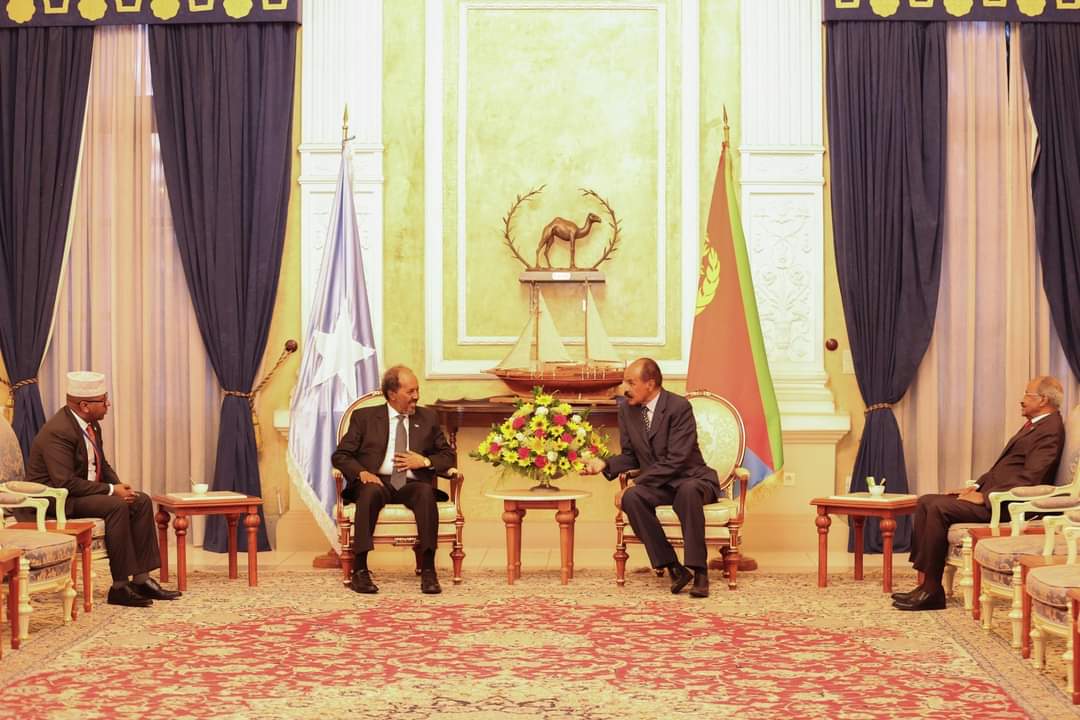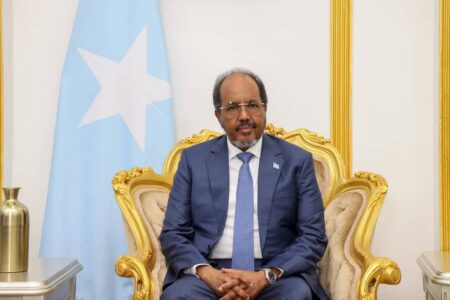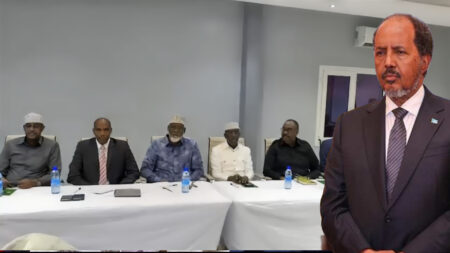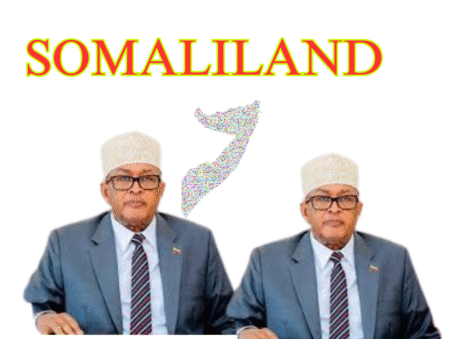Egypt and Somalia’s Strategic Partnership Towards Regional Stability
On October 10, 2024, Egypt and Somalia entered a new phase in their diplomatic relations by signing a significant bilateral agreement to foster regional stability and cooperation. This strategic partnership, endorsed by President Dr Hassan Sheikh Mohamud of Somalia and President Abdel Fattah el-Sisi of Egypt, was formalised during a high-level meeting in Asmara, Eritrea. The meeting also included the participation of Eritrean President Isaias Afwerki, symbolising the broader regional implications of this agreement. The core of the accord emphasises the enhancement of security, sovereignty, and development between Egypt and Somalia, with a vision for long-term peace and prosperity across the Horn of Africa.
One of the foundational pillars of the agreement is the unwavering support for Somalia’s sovereignty, territorial integrity, and national unity. Egypt’s firm stance on these issues aligns with its broader regional strategy of ensuring that its neighbouring states maintain stability and independence. Both President Dr Hassan Sheikh Mohamud and President Abdel Fattah el-Sisi reject any external or internal threats to Somalia’s sovereignty, viewing this as a critical component in maintaining the overall peace in the region. This commitment is essential to strengthening Somalia’s governance structures, which have been strained by years of internal conflict and instability.
The explicit mention of opposition to any actions that may undermine Somalia’s sovereignty is not just a statement but a shared recognition of the geopolitical challenges facing the Horn of Africa. It reflects the understanding that for Egypt, ensuring a stable Somalia helps mitigate broader regional security threats, while for Somalia, such backing from a prominent regional player strengthens its international standing.
A significant focus of the agreement is bolstering security cooperation between Egypt and Somalia, particularly in counterterrorism efforts. Given Somalia’s zongoing battle with extremist groups, particularly Al-Shabaab, this aspect of the partnership is vital for its internal security. The agreement recognises the importance of enhancing Somalia’s security capabilities, with Egypt supporting it in building a more robust security framework for its neighbours. Both Presidents reaffirmed their commitment to these goals, noting that strengthening regional security is a shared responsibility.
In addition to bilateral efforts, the African Union Transition Mission in Somalia (AUSSOM) was highlighted as a crucial element in maintaining stability in the region. Both nations expressed their commitment to supporting the mission’s goals, with Egypt even showing a willingness to contribute to AUSSOM’s peacekeeping efforts. This reflects a broader vision of security that extends beyond national borders, with both countries acknowledging the interconnected nature of regional stability.

Further, by enhancing the Somali National Army’s capabilities, the agreement underscores the need for Somalia to develop the necessary tools to protect its own territory. Egypt’s ongoing support in this area, championed by President Abdel Fattah el-Sisi, is a pragmatic approach to ensuring that Somalia becomes more self-reliant in matters of national defence. President Dr Hassan Sheikh Mohamud’s focus on improving Somalia’s internal security infrastructure further aligns with this goal.
Fostering Regional and International Cooperation
Beyond security, the bilateral agreement sets the stage for broader regional and international cooperation. Both Egypt and Somalia reaffirmed their commitment to multilateralism and the importance of international organisations, such as the African Union and the United Nations, in addressing Somalia’s challenges. The support of these organisations is seen as critical to Somalia’s future, particularly in its ongoing bid for international development assistance.
President Dr Hassan Sheikh Mohamud recognised the importance of strong allies like Egypt in facilitating Somalia’s diplomatic efforts on the international stage. Egypt’s role, guided by President Abdel Fattah el-Sisi, will undoubtedly enhance Somalia’s ability to engage with the global community and secure vital resources for national development.
This cooperation extends to economic development as well. President el-Sisi endorsed Egypt’s technical and developmental assistance, which is expected to play a key role in helping Somalia rebuild its economy and infrastructure, particularly as it continues to recover from years of conflict. The agreement recognises that economic stability is intrinsically linked to security, and by fostering stronger economic ties, both nations aim to contribute to regional prosperity.
Conclusion: A Strategic Path Towards Stability
The bilateral agreement between Egypt and Somalia, signed by President Dr Hassan Sheikh Mohamud and President Abdel Fattah el-Sisi, marks a significant step towards a more stable and secure Horn of Africa. The agreement sets a solid foundation for long-term collaboration between the two nations by addressing issues of sovereignty, security, and economic cooperation. Egypt’s commitment to supporting Somalia’s sovereignty and security and willingness to engage in broader regional initiatives demonstrate a forward-thinking approach to diplomacy.
This strategic partnership strengthens the ties between Egypt and Somalia and signals a broader intent to promote peace and security in the region. The emphasis on multilateral cooperation and international engagement reflects a shared vision of a more stable and prosperous future for the Horn of Africa. As both countries work towards these common goals, their partnership is a model for constructive diplomacy and regional collaboration.
Through this agreement, Egypt and Somalia, under the leadership of President Dr Hassan Sheikh Mohamud and President Abdel Fattah el-Sisi, are paving the way for lasting peace and development for themselves and the broader region. The strategic alignment of their interests highlights the importance of regional partnerships in confronting shared challenges and building a secure, prosperous future for all.





